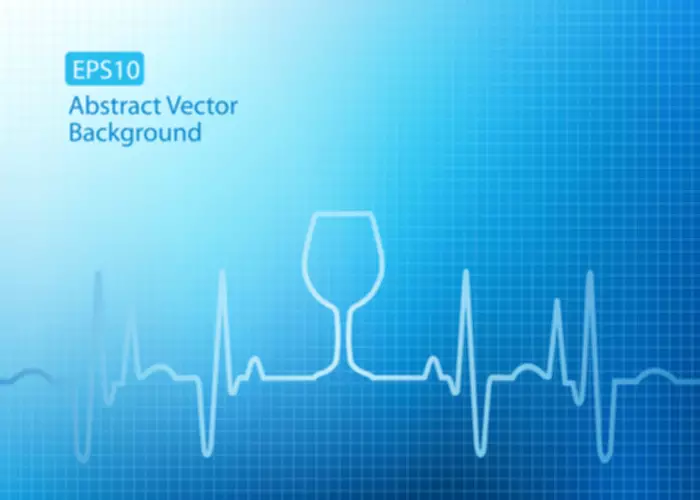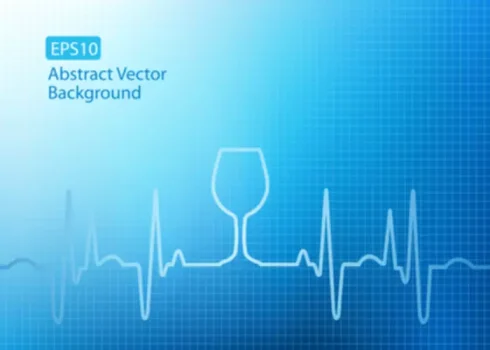
One of the most critical and challenging steps in the recovery process is the initial phase of detoxification and withdrawal. Overcoming alcohol addiction involves acknowledging its how to overcome alcoholism impact, including physical dependency, emotional distress, and strained relationships. Recognizing the need for change and taking structured steps substantially improves outcomes. Despite previous attempts to stop overeating and giving in to food cravings, people with food addiction tend to continuously fail to do so. Certain supplements, such as vitamin B complex, magnesium, and omega-3 fatty acids, can help support energy production and reduce symptoms of alcohol withdrawal.
How to Recognize the Signs of a Mental Health Disorder
If you’re still unsure of how to find help in your community, contact your local hospital or health department. Most healthcare organizations can direct you to helpful resources near you. You may see a friend who is a casual drinker say no when offered a drink and wonderwhy it’s easy for them. He or she may not needself-help tools, but those resources might work for you. Whatever your dreams and aspirations in life are, focus on them since the new lifestyle will make you forget about alcohol.

Non-Alcoholic Holiday Drink Recipes To Try
When you quit drinking you can refocus your attention on repairing these relationships without the barrier of alcohol. Symptoms of alcohol withdrawal typically improve within five days, though a small number of patients may have prolonged symptoms lasting weeks. In delirium tremens, the brain is not able to Alcoholics Anonymous smoothly readjust its chemistry after alcohol is stopped. This creates a state of temporary confusion and leads to dangerous changes in the way your brain regulates your circulation and breathing. The body’s vital signs such as heart rate or blood pressure can change dramatically or unpredictably, creating a risk of heart attack, stroke, or death. Alcohol has a slowing effect (also called a sedating effect or depressant effect) on the brain.
- Thediagnostic criteria for an alcohol use disorder were published in the American Psychiatric Association’s fifth editionof the Diagnostic and Statistical Manual of Mental Disorders.
- Addiction is a complex disease that benefits from professional intervention.
- Valley Hope offers a continuum of care that helps you through every step of your recovery, including detox, residential and outpatient treatment services, family counseling, and continuing care.
- This phase involves detoxification and withdrawal, as well as medical support and supervision to ensure a safe and successful recovery journey.
- In a heavy, long-term drinker, the brain is almost continually exposed to the depressant effect of alcohol.
“When you change the way you look at things, the things that look at you change.”
Thosewho aren’t addicted to alcohol may be able to quit on their own or with the help of friends. Whatever the case, part of helping someone rebuild their life while recovering from alcohol abuse is repairing their interpersonal relationships. Family therapy can be integrated into alcohol addiction treatment to do just that. The benefits of alcohol recovery extend across physical, mental, and social aspects of life. Alcohol recovery improves liver function, cardiovascular health, and cognitive clarity.

Why Finding Purpose in Life Aids in Recovery

While recovery is a lifelong process, with the right treatment and support, it is possible to achieve and maintain sobriety. Remember, recovery is a journey, and it’s important to celebrate even small victories along the way. It involves creating a sustainable and fulfilling lifestyle that supports long-term sobriety. This includes making positive changes in various aspects of life, such as physical health, mental well-being, relationships, and personal growth. In addition to emotional support, having access to resources such as rehabilitation programs, therapy, counseling, and educational materials can enhance the recovery process.
